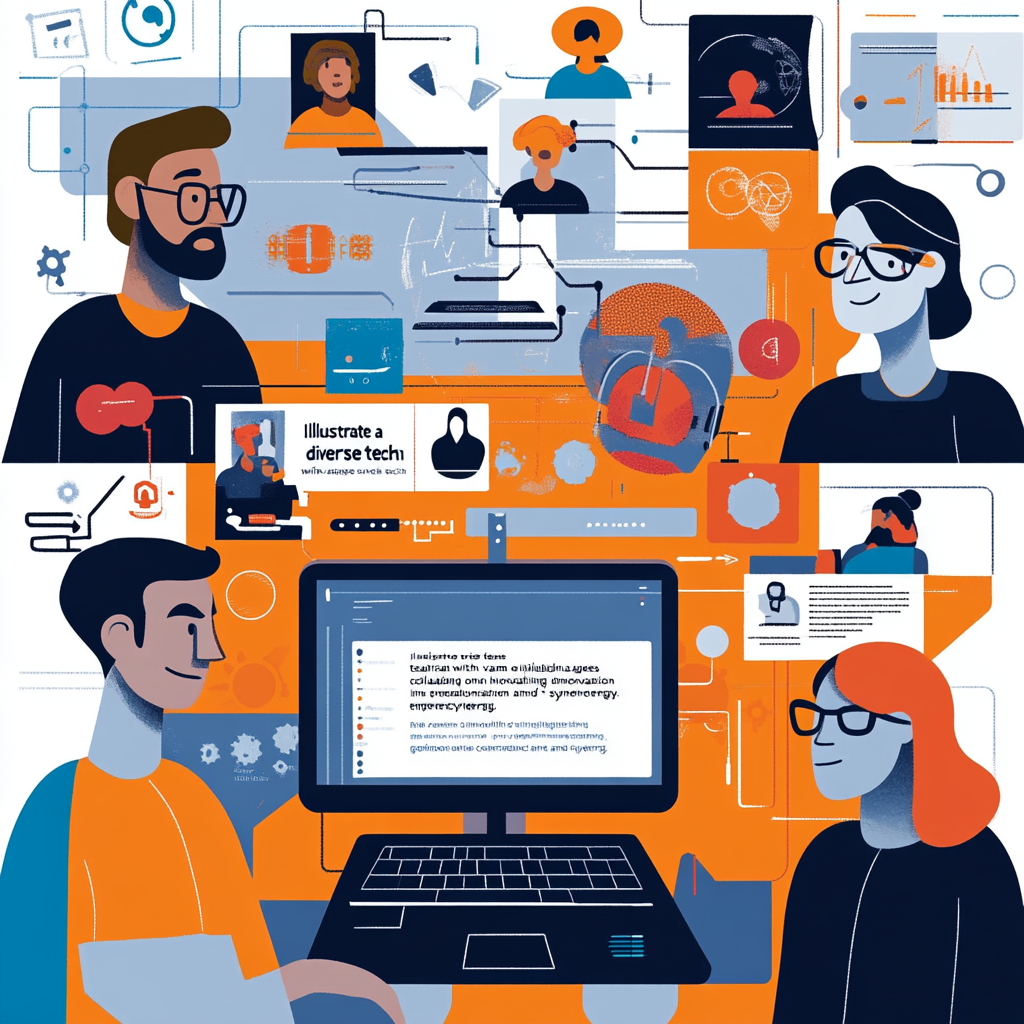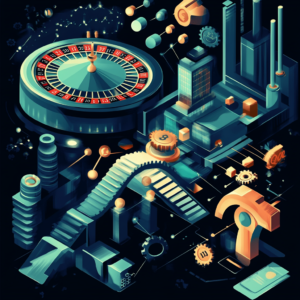
AI is inherently ageist. That’s not just unethical, it can be costly for workers and businesses
The AI Ageism Dilemma: Are Your Skills Becoming Obsolete?
In this brave new world of artificial intelligence, the algorithms are the new gatekeepers—dishing out opportunities and snatching them away with a flick of their digital wrists. Surprisingly, a curious trend is revealing itself in the hiring halls of tech: if you hit the ripe age of 35, your chances of landing that coveted AI role plummet. A staggering 90% of hiring managers in the United States have a preference for candidates under 35, while a paltry 32% are open to the notion of hiring someone over 60. Forget about grabbing a gold watch; it seems the digital clock is ticking against you instead.
Welcome to the phenomenon that can only be described as algorithmic ageism—where the numbers on your graduation date morph into virtual scarlet letters. If you're over that fateful hill, your resume faces scrutiny, not on its merits but on the age it seemingly represents. So buckle up, readers; the digital revolution has a side effect nobody quite prepared us for.
The Grey Digital Divide: Unpacking the Truth
Let me tell you this—the older workforce isn't a bunch of Luddites standing in the way of progress; they're just the unfortunate collateral damage in the relentless chase for younger, supposedly more adaptable talent. Nearly 45% of older workers feel isolated due to ageist practices, but the gravity of the situation veers deeper. It's not just about feeling left out; it's about tangible training gaps that threaten the livelihood of seasoned professionals. Manual laborers, those living in rural areas, and individuals with lower education levels are facing a triple exclusion. And it's not that they can't figure out how to engage with platforms like ChatGPT; it’s that upskilling efforts treat them like relics in a museum dedicated to a bygone analog age.
Let’s break it down further into three crushing realities:
-
The Resume Paradox: An unforgiving algorithm can disqualify candidates for being "overqualified" without ever diving into the actual experiences that have shaped their careers. Employment gaps? An old email address? Volunteer work that predates the smartphone revolution? Consider yourself purged.
-
The Experience Penalty: It’s a bizarre twist of fate that leads employers to believe older professionals somehow lack "adaptability." Studies have shown that seasoned pros can keep pace with or surpass their younger peers in AI-related productivity—yet bias remains as stubborn as an old-school dial-up modem.
-
The Automation Trap: Let’s face it, the first roles to be zapped away by the relentless march of AI are usually those held by older workers. This creates a self-fulfilling prophecy: the longer you employ tech, the more incompetent you appear. Talk about irony.
Why Should Businesses Care? It’s All About the Bottom Line
Don't take this as merely an ethical debate; it's firmly rooted in the realm of economics. Companies honing in on what they see as youthful "digital natives" are making some grave miscalculations:
-
Wasting Talent: Midcareer professionals harbor institutional knowledge that a shiny new AI simply cannot replicate. This invaluable insight is crucial to sidestepping blind spots that may arise through automation.
-
Inviting Backlash: The specter of age-related lawsuits is looming larger as algorithms increasingly codify biases into hiring and firing decisions. A lawsuit can hit harder than any automated workflow ever could.
-
Stunting Innovation: A hiring approach that favors youth leads to a homogenous mix that results in myopic AI systems. Remember when ChatGPT couldn’t conjure up a solid retirement planning discussion without going off the rails? There you have it—proof in the pudding of what happens when diverse perspectives are sidelined.
As Dr. Mona Mourshed from Generation wisely points out, "AI will be most transformative when merged with human expertise." Yet it feels like we’re watching companies amputate years of experience while touting their commitment to future-proofing their workforce. Go figure.
The Road Ahead: How Do We Fix This Mess?
So what’s the roadmap to rectifying this insidious dilemma? Simply put, it starts by liberating ourselves from Silicon Valley's twisted cult of youth. We could take notes from Germany's Experience First initiatives that merge AI training with legacy knowledge capture. Japan's Silver Tech accelerators fund startups focusing on the older demographic. Lovely, isn’t it? Here are some truly simple yet powerful solutions:
-
Red Team Your HR Algorithms: Scrutinize hiring algorithms for aqueducts of ageism. If they’re skewed to favor “recent coding bootcamp graduates,” toss them out like yesterday’s trash.
-
Create Intergenerational AI Task Forces: Think of it like pairing a Gen Z prompt engineer with a Baby Boomer domain expert. The synergy could be enlightening. Instead of just "woke," we could have "wise."
-
Revamp Training Programs: It’s not just about online Zoom tutorials. Introduce hands-on AI labs with age-specific user experience designs. Let’s emphasize practical skills that resonate across generations.
The alternative? A workforce fissured into AI “haves” and “have-nots,” where we disregard the wisdom of experience in favor of algorithmic wizardry. As noted by Anika Heavener of The SCAN Foundation, this issue transcends mere employment; it’s a matter of whether we truly value human experience in our machine-driven era.
Change is overdue; let’s challenge the norms of the digital world and embrace our elders— they’re far from obsolete.
Want to stay up to date with the latest news on neural networks and automation? Subscribe to our Telegram channel: @channel_neirotoken.
Now that you've read this, a cup of tea may be in order. But make sure it’s brewed right—because just like the future of work, crafting a proper cup requires finesse, patience, and the right understanding.

